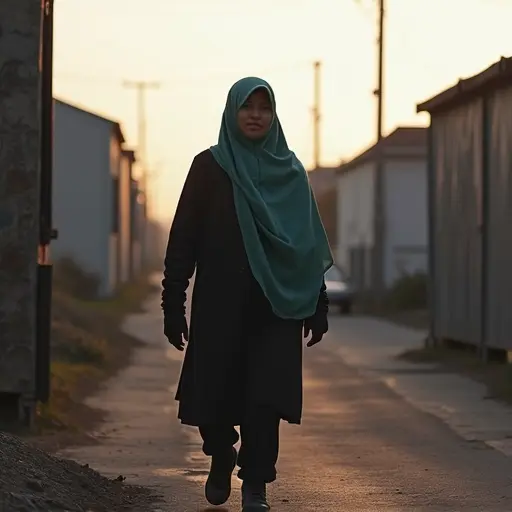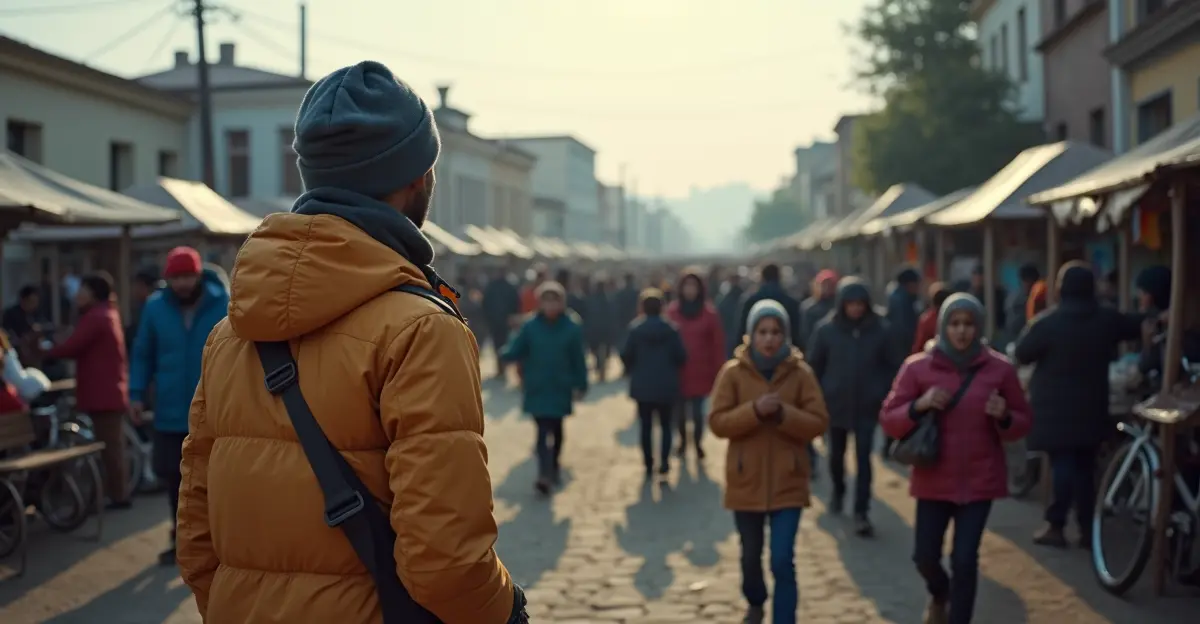EU launches first migration solidarity pool, classifying countries into three tiers. System allows financial contributions or asylum seeker acceptance, with Netherlands opting to pay €20,000 per person.

European Commission Launches Historic Migration Management System
The European Commission has taken a groundbreaking step toward creating a fairer distribution of asylum seekers across the European Union with the launch of its first Annual Migration Management Cycle. This initiative, part of the new Pact on Migration and Asylum scheduled for full implementation in June 2026, establishes what officials are calling a 'European solidarity pool' - essentially a continent-wide distribution mechanism for migration responsibilities.
Three-Tier System for EU Member States
In a significant departure from previous approaches, the Commission has classified all 27 EU member states into three distinct categories based on their migration pressure levels. Countries experiencing 'acute migratory pressure' include Greece, Cyprus, Spain, and Italy - the primary entry points where most asylum seekers first arrive in the EU. These nations will be eligible to receive assistance from other member states starting mid-2026.
The second category, where 'risk of migratory pressure' exists, includes the Netherlands, Germany, France, and several other countries. These nations face potential strain due to high asylum applications in recent years or limited capacity in their reception systems. The third group, dealing with 'significant migratory situations,' comprises Bulgaria, Czechia, Estonia, Croatia, Austria, and Poland.
Flexible Solidarity Options
The new system offers member states multiple ways to demonstrate solidarity. Countries can choose to accept relocated asylum seekers, make financial contributions of approximately €20,000 per person they decline to accept, or provide other forms of assistance such as personnel deployment or capacity building. 'We are building a system that is both fair and robust,' declared EU Migration Commissioner Magnus Brunner during the announcement. 'We support countries experiencing disproportionate pressure while ensuring shared responsibility across the Union.'
The Netherlands has already indicated it will opt for financial contributions rather than accepting additional asylum seekers. This approach reflects the country's ongoing challenges with asylum reception capacity and aligns with its preference for financial solidarity mechanisms.
Addressing Registration Concerns
A key concern addressed in the new framework involves ensuring proper registration of asylum seekers at first entry points. Several EU countries, particularly the Netherlands, have emphasized that countries like Italy and Greece must properly register arrivals rather than allowing them to continue traveling to other member states to file asylum claims. The Commission acknowledges this issue and states that countries failing to comply with registration requirements cannot expect solidarity from other member states.
'This represents a fundamental shift in how we manage migration across Europe,' explained migration policy expert Dr. Elena Vasquez from the Migration Policy Institute. 'By creating predictable annual cycles and clear responsibility sharing, we're moving away from crisis-driven responses toward systematic management.'
Implementation Timeline and Next Steps
The solidarity mechanism will become operational as part of the broader Pact on Migration and Asylum implementation in June 2026. However, the Commission's announcement kicks off immediate negotiations among member states to determine specific numbers of asylum seekers for redistribution and finalize country classifications. The EU Council will make the final decisions on these classifications, with binding legislation expected to follow soon.
This development comes as the European Parliament prepares to debate additional legislative proposals, including establishing an EU-wide list of safe countries of origin and creating a common European system for returning illegally staying third-country nationals. Together, these measures aim to create a comprehensive, humane, and effective migration management system that balances border security with protection of fundamental rights.

 Nederlands
Nederlands
 English
English
 Deutsch
Deutsch
 Français
Français
 Español
Español
 Português
Português









